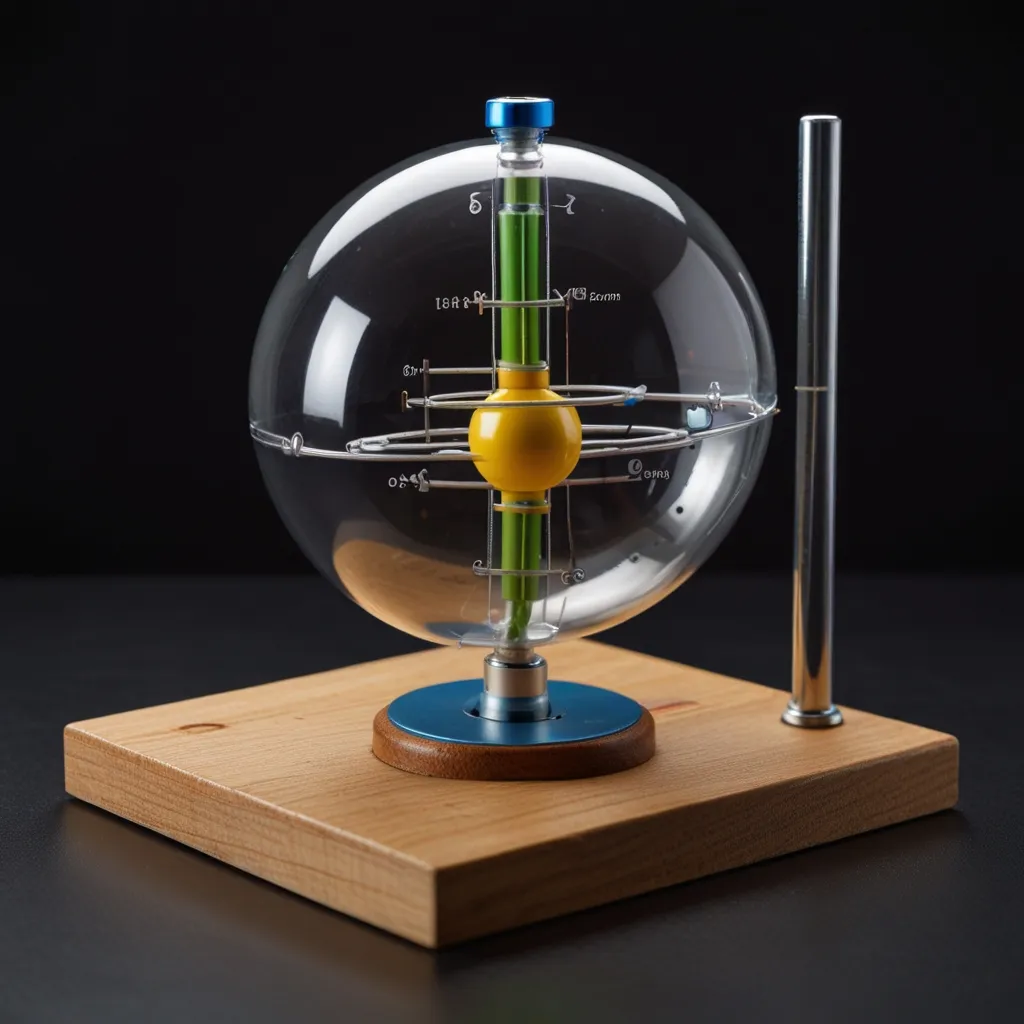Imagine wandering through your favorite park, the scent of morning dew, plants, soil, and distant flowers filling the air. This serene experience, a blend of calm and relaxation, is powered by your extraordinary sense of smell. Unbeknownst to many, nestled within your nose is a highly sensitive quantum device, allowing you to detect around one trillion different scents. But how exactly does this sense of smell work, and what role does quantum mechanics play in it?
To smell anything, molecules from that object must reach your nose. These volatile molecules float through the air and enter your nasal passages. Whether it’s the fragrance of flowers, the aroma of coffee and bacon, or the unpleasant odor of dog poop, these molecules bind to receptors inside your nose. But the journey doesn’t end there.
At the top of your nasal passages, behind your nose, lies the olfactory epithelium, a small patch of special neurons about the size of a postage stamp. These neurons have hair-like projections called cilia, which increase their surface area. When molecules bind to these smell receptors on the cilia, they trigger the neurons, sending signals to your brain. This signal reaches the limbic system, a primitive part of the brain linked to emotions and memory. Hence, certain smells can evoke strong memories and emotional responses.
Interestingly, these neurons are directly exposed to the environment, making your sense of smell unique. The prevalent theory from the 1950s was that smell receptors, at the ends of olfactory neurons, worked like a lock and key. The shape of the molecules (the key) fit into the olfactory receptors (the lock), with each combination creating a specific smell. For instance, one combination might yield the smell of roses, another the odor of rotten eggs.
However, this theory hit a snag when researchers discovered that molecules with different shapes could produce the same smell. For example, cyanide and benzaldehyde emit a bitter almond scent despite having vastly different molecular shapes. This revelation suggested that more than just the shape of molecules determines smell.
Recent research indicates that the vibrations of molecules also play a crucial role. Every molecule vibrates with a frequency based on its structure, bonds, and weight, similar to how different instruments produce distinct sounds. Luca Turin, a biophysicist at the Alexander Fleming Research Centre in Greece, found that molecules with the same vibrational frequency as sulfur—despite different shapes—smell like sulfur. While not universally accepted, Turin’s research proposes a fascinating connection between smell and quantum physics.
In quantum mechanics, particles like electrons exist as probability waves until measured. These waves can “tunnel” through barriers, a phenomenon known as quantum tunneling. It is theorized that the vibrations of certain molecules facilitate this tunneling process, enabling electrons to move between smell receptors and trigger neuronal signals that the brain interprets as smell.
Our noses might use this quantum mechanism to detect not just the shapes but also the “sounds” of molecules. This complex sensory capability, Turin suggests, evolved over four billion years of natural R&D. Evolution, with its immeasurable funding and time, has likely endowed us with far more sophisticated mechanisms than we currently understand.






